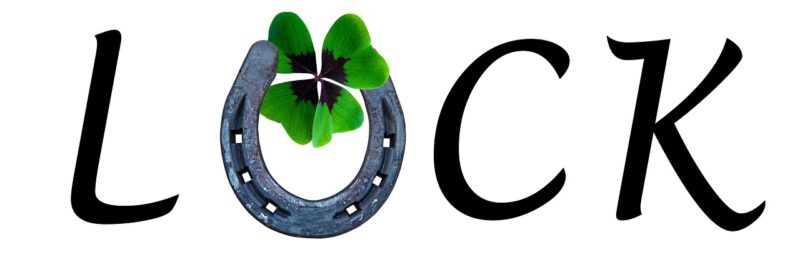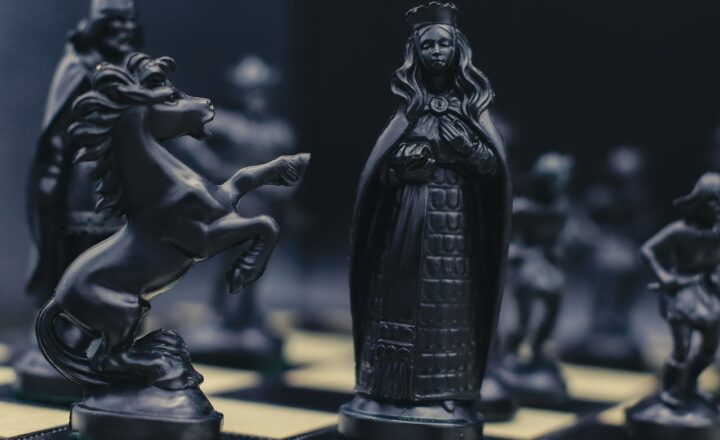Why Certain Animal Species Have Been Associated With Luck, Wisdom, and Protection Throughout History
November 17, 2024

Throughout history, different cultures have attributed various symbolic meanings to animals, elevating them to status symbols of luck, wisdom, and protection. Each animal carries its own unique connotation derived from folklore, mythology, and nature itself. From the majestic white owl to the elusive cat, these creatures have been depicted as guides through the realms of fortune and spiritual enlightenment.
1. The Cultural Significance of Animals
Animals often congregate at the intersection of humanity; they embody traits that societies seek to emulate, admire, or fear. This deep-rooted connection has led to the belief in animal spirits and their roles in guiding and protecting individuals. In many cultures, animals function as mediators between the earthly and spiritual realms, enhancing their association with luck and protection.
For instance, in ancient Egypt, animals such as cats and crocodiles were revered, linked to gods and considered powerful protectors. Similarly, Native American tribes have long formed close bonds with certain animals, believing they embody the wisdom of the ancestors.
2. The Owl: Symbol of Wisdom
Oftentimes, the owl is perceived as the quintessential symbol of wisdom. Various historical texts and folklore credit these nocturnal creatures with profound knowledge and the foresight associated with their keen vision in darkness.
Notably, in Greek mythology, the owl was linked to Athena, the goddess of wisdom, and they were often depicted with her in ancient art. As the owl’s stature in various cultures solidified, it evolved from mythos into a literal symbol of intelligence and knowledge, further establishing its reputation as a harbinger of wisdom.
– **Cultural Variations:** In some Native American cultures, the owl serves as a protective spirit and is regarded with respect and caution, indicating that wisdom comes with responsibility.
– **Representation of Knowledge:** The perception of owls as wise creatures continues to be ingrained in modern society, influencing literature, education, and even popular culture.
3. The Rabbit: Luck and Fertility
The rabbit has a unique blend of associations with both luck and fertility. A well-known symbol in various societies, it often appears in folklore related to prosperity and renewal.
– **Celtic Tradition:** Among the Celts, the rabbit is tied to the lunar cycle and fertility, thereby making it a prominent herald of spring, prosperity, and abundance. Hares were connected to the moon and believed to bring good fortune when sighted during specific lunar phases.
– **The Easter Bunny:** The modern day Easter Bunny represents a fusion of these ancient beliefs, acting as both a fertility symbol and a harbinger of joy during the spring festivities. These connections emphasize how rabbits have become intertwined with notions of luck across different cultures.
4. The Cat: Protection and Guardianship
Cats often evoke various sentiments, ranging from superstition to adoration. In many cultures, they are seen as protectors, playing an essential role in safeguarding homes from pests and evil spirits.
– **Egyptian Reverence:** In ancient Egypt, cats were sacred, associated closely with the goddess Bastet, representing home, fertility, and protection. Killing a cat was considered an unforgivable crime, demonstrating their high status in society. Their nocturnal habits and ability to sense danger further solidified their symbolism of protection, especially related to the unseen or spiritual realms.
– **Modern Symbolism:** Cats continue to evoke mixed feelings but are often found in homes as pets, acting as protectors against negativity and adverse energies.
5. The Elephant: Strength, Luck, and Wisdom
Elephants hold symbolic meanings across various cultures, revered for their intelligence, memory, and strength. They are seen as highly protective animals and are often associated with good luck.
– **Asian Cultures:** In countries like India and Thailand, elephants are seen as symbols of good fortune and wisdom. The Hindu god Ganesha, depicted with an elephant’s head, represents prosperity and the removal of obstacles. Statues of elephants, especially with raised trunks, are commonly incorporated into homes and businesses as symbols of luck and good health.
– **Western Symbolism:** In contemporary culture, elephants also signify strong family ties and loyalty, solidifying their place as symbols of protection and emotional support.
Conclusion
The associations humans have formed with animals over the ages enrich our understanding of cultural values tied to luck, wisdom, and protection. Each animal’s reputation stems from centuries of lore that exemplifies humanity’s intrinsic connection to nature.
As we navigate an ever-evolving world, these totems continue to resonate with us, reminding us of the innate wisdom that can be gleaned from observing and respecting the animal kingdom.
Embracing these symbols can offer comfort and guidance, acting as a bridge to deeper insights and a more harmonious existence with the world around us.







